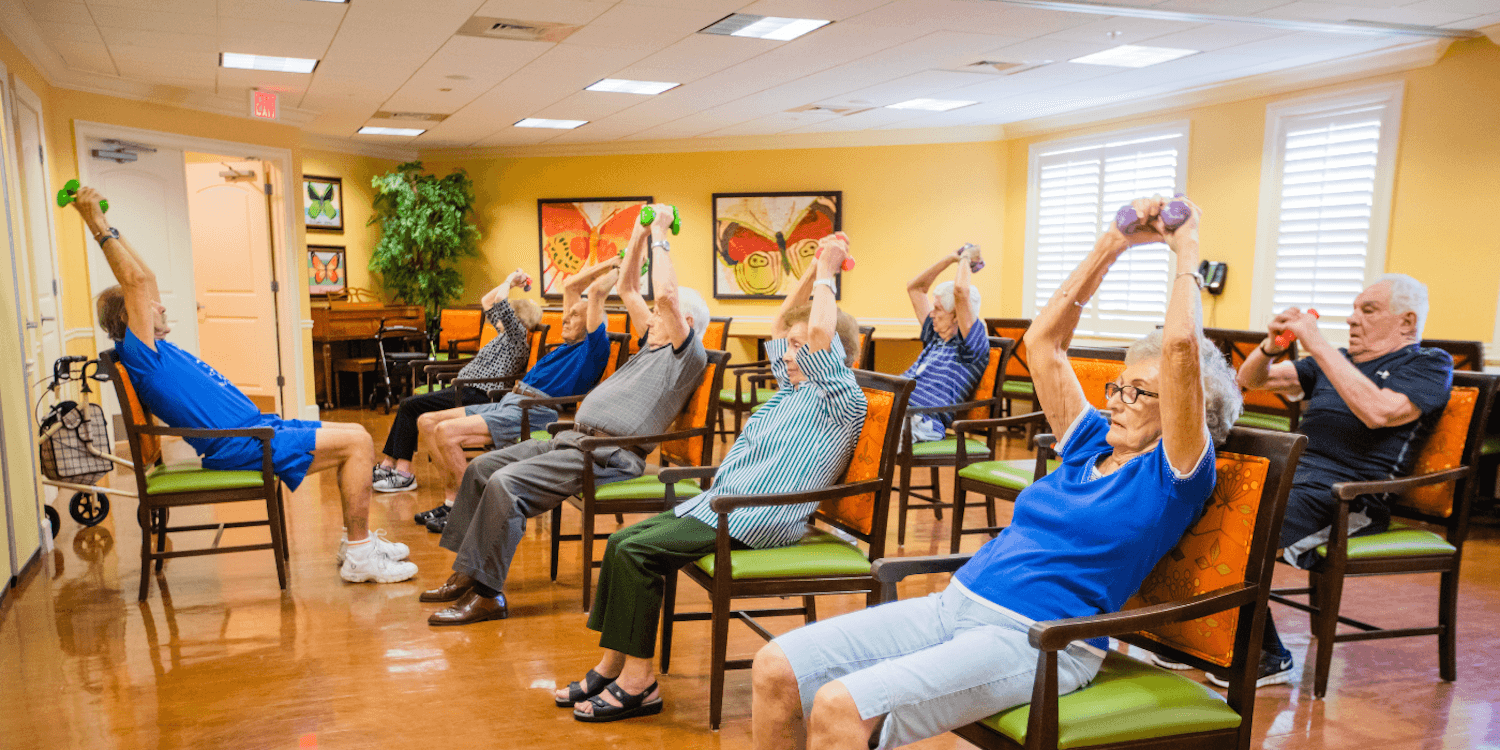Sustaining Family Members with Specialized Alzheimers Care Charlotte Providers
Sustaining Family Members with Specialized Alzheimers Care Charlotte Providers
Blog Article
Expert Tips for Offering Quality Alzheimer's Care in the house
Taking care of a private with Alzheimer's disease at home presents unique obstacles that call for both understanding and calculated preparation. Establishing an organized day-to-day regimen, improving communication skills, and creating a safe environment are vital components of efficient caregiving. In addition, caregivers must not overlook the significance of looking for exterior support and resources to keep their own health. As we discover these expert tips even more, it becomes clear that a thoughtful technique can considerably affect the lifestyle for both the caretaker and the private receiving care. What particular methods can be applied to ensure a supportive atmosphere?
Understand Alzheimer's Condition
Alzheimer's condition, a dynamic neurodegenerative problem, greatly affects cognitive function and everyday living tasks. It mainly influences memory, believing, and habits, leading to a gradual decrease in the capacities necessary for independent living. Early symptoms usually include forgetfulness, problem in analytic, and difficulties in finishing acquainted jobs. As the disease proceeds, individuals may experience disorientation to time and area, impaired judgment, and adjustments in mood and individuality.
The etiology of Alzheimer's is complex, involving the build-up of amyloid plaques and tau tangles in the brain, which disrupt neuronal communication and result in cell death. Danger factors consist of age, genetics, and lifestyle options, with the majority of cases taking place in people over 65. Understanding of these facets is vital for caretakers, as recognizing the problem can promote much better support and treatment approaches.
Additionally, Alzheimer's condition not only influences the specific but also has considerable emotional and logistical effects for households. Identifying the phases of the disease permits caretakers to anticipate challenges and adjust their technique, guaranteeing that the requirements of those affected are met compassion and understanding. This foundational knowledge is essential for promoting quality treatment at home.
Develop a Regular
Producing an organized everyday regimen can dramatically boost the quality of life for individuals coping with Alzheimer's disease. Establishing regular patterns assists to lower complication and stress and anxiety, supplying a feeling of security and knowledge. A daily schedule should include normal times for dishes, activities, and rest, which can assist people anticipate what to anticipate throughout the day.
Integrating straightforward, acquainted tasks right into the regimen can promote a feeling of success and self-reliance. Activities like gardening, food preparation, or perhaps straightforward family chores can be valuable. It is necessary to tailor these tasks to the person's interests and capabilities, ensuring engagement without disappointment.
Moreover, versatility within the routine is vital. While uniformity is essential, permitting changes based upon the person's mood or power degrees can help maintain a favorable ambience. Encourage participation in social communications, whether through family visits or area activities, as these can offer excitement and connection.
Enhance Communication Skills
Effective communication is vital for preserving purposeful connections with individuals living with Alzheimer's disease. As cognitive capabilities decline, typical conversation may come to be difficult. As a result, caretakers should adjust their communication approaches to foster understanding and connection.

Energetic listening is essential. Show real passion by preserving eye contact and nodding to acknowledge their feelings or thoughts. Stay clear of remedying or suggesting, as this may cause aggravation. Rather, verify their emotions and reroute the conversation carefully if needed.
Using aesthetic aids, such as photos or written reminders, can additionally boost understanding. Motivate engagement in activities that boost conversation, such as thinking back about previous events or browsing photo cds.
Develop a Safe Setting
A supportive setting plays a considerable role in the health of individuals with Alzheimer's illness. Producing a secure home setting is vital to minimize dangers and boost the lifestyle for both the specific and their caretakers. Begin by assessing the space for possible dangers. Get rid of tripping risks such as loose rugs, electrical cables, and mess. Guarantee that paths are clear and well-lit to stop discover this info here falls.
Mount safety and security locks on home windows and doors to stop wandering, which is a common problem in Alzheimer's people. In addition, take into consideration making use of non-slip mats in shower rooms and set up grab bars for added support. Identifying areas and essential products can aid individuals navigate their surroundings more conveniently.
Emergency situation get in touches with need to be plainly uploaded near phones, and a clinical alert system can provide peace of mind. Generally, customizing the home environment to the one-of-a-kind requirements of the private with Alzheimer's not only promotes security however likewise encourages independence and comfort.
Look For Assistance and Resources
Accessing assistance and sources is vital for individuals and caregivers facing the challenges of Alzheimer's condition. Caregiving can be frustrating, both literally and psychologically, and it is important for caretakers to look for help to maintain their well-being and provide top quality treatment.

In addition, discovering break treatment options can pay for caregivers much-needed breaks, allowing them to reenergize and reduce fatigue. This might consist of grown-up day programs or in-home care solutions. Monetary support programs may additionally be offered to help balance out the costs of treatment.

Conclusion
In summary, offering high quality Alzheimer's treatment in the house requires a complex approach. Comprehending the intricacies of the illness, developing an organized regimen, enhancing interaction abilities, developing a secure setting, and looking for assistance from available sources jointly add to improved caregiving experiences. more information Carrying out these strategies not just fosters a sense of independence and success for people with Alzheimer's but additionally relieves caregiver tension, ultimately enhancing the quality of life for both caregivers and those they support.
Caring for a specific with Alzheimer's illness at home presents distinct obstacles that require both understanding and strategic planning.Furthermore, Alzheimer's illness not just affects the individual but also has considerable emotional and logistical effects for families.Creating a structured everyday regimen can dramatically boost the high quality of life for people living with Alzheimer's disease.Effective communication is crucial for maintaining purposeful connections with people living with Alzheimer's disease. Alzheimers Care Charlotte. Executing these methods not only fosters a sense of independence and accomplishment for people with Alzheimer's however likewise minimizes caretaker tension, eventually improving the top quality of life for both caregivers and those they support
Report this page